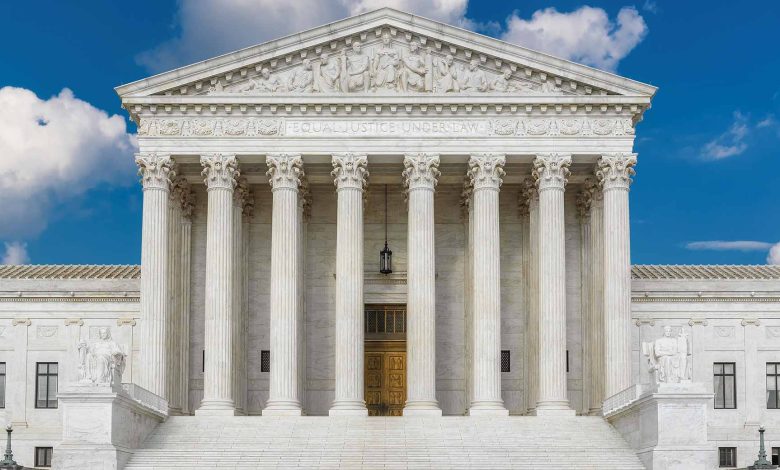Opioid Crisis: U.S. Supreme Court Puts Brakes on Sackler’s Family Bid For Protection

In a significant legal development, the U.S. Supreme Court has temporarily halted a bankruptcy deal that sought to shield the family behind Purdue Pharma, the company responsible for manufacturing OxyContin, from civil lawsuits. This decision comes after President Joe Biden requested a delay in approving the settlement, which had been brokered with state and local governments.
The proposed settlement involving Purdue Pharma aimed to facilitate the company’s reorganization after emerging from bankruptcy. As part of the arrangement, the Sackler family, who owns the company, agreed to contribute $6 billion to address the fallout from the opioid crisis. However, a contentious aspect of the deal was that this contribution would protect the Sackler family from any future lawsuits related to the opioid epidemic.
The U.S. Supreme Court’s intervention was prompted by concerns over whether bankruptcy law could indeed provide such a comprehensive shield from litigation by victims of the opioid crisis. While the 2nd U.S. Circuit Court of Appeals had previously given its approval to the reorganization plan, the U.S. Bankruptcy Trustee, represented by the Justice Department, expressed opposition to the protective measure against lawsuits.
Purdue Pharma, in a statement, expressed confidence in the legality of its proposed Plan of Reorganization and remained hopeful that the Supreme Court would ultimately uphold it. The company lamented the delay caused by the U.S. Trustee’s objection, highlighting that the delay hindered the allocation of billions of dollars intended for victim compensation, addressing the opioid crisis, and supplying overdose rescue medications to communities across the nation.
In the midst of these legal proceedings, a group of parents who lost children to opioid overdoses raised their voices against accepting the settlement, contending that it fails to adequately address the suffering caused by the opioid epidemic. On the other hand, other victims expressed disappointment at the delay caused by the Supreme Court’s intervention. Ed Neiger, an attorney representing some of these victims, praised the court for swiftly taking up the case and acknowledged the court’s recognition of the urgency surrounding the matter.
The backdrop to this legal battle is the staggering toll of opioid overdoses in the United States. With over 70,000 Americans losing their lives to opioid-related overdoses in recent years, the crisis has reached alarming proportions. While synthetic drugs like fentanyl are a significant contributor to these overdose deaths, prescription painkillers, including OxyContin, have also played a role in exacerbating the crisis.
The outcome of this case will have far-reaching implications for the accountability of companies and individuals involved in the production and distribution of opioids, as well as for the compensation and support available to victims of the opioid epidemic.





